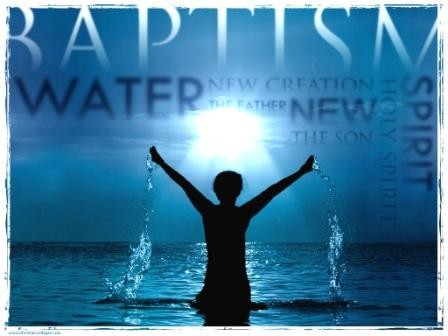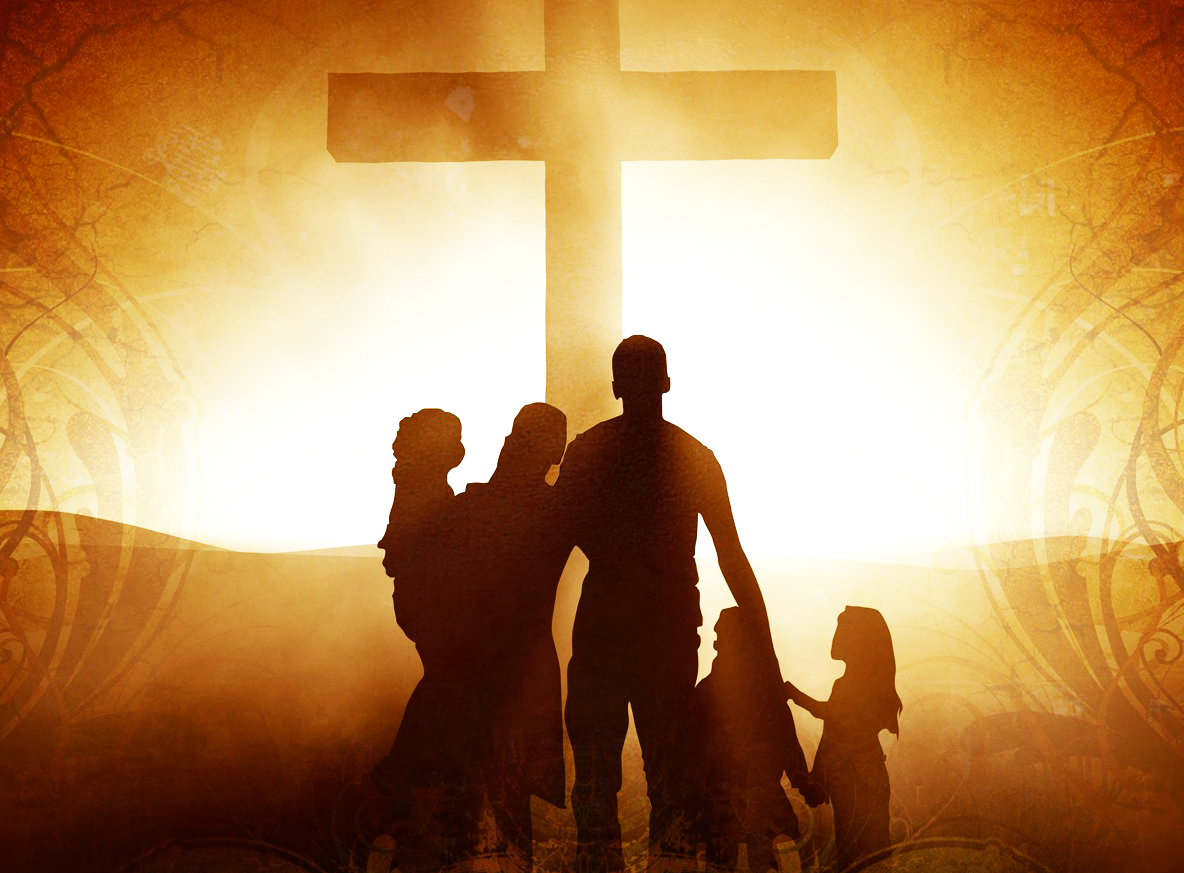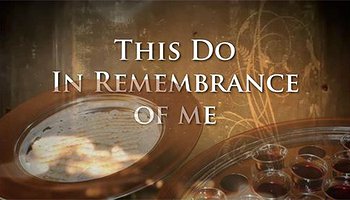Our Roots
- Jesus promised long ago: “…upon this rock I will build My church” (Matthew 16:18). The Apostle Paul spoke of “ the church of God which was purchased with His own blood” (Acts 20:28). We at 225 Hall Street want to be that church. We believe that the Bible is a message for all times, and that it can be understood. We seek to discover what the church in the New Testament was like and to reproduce it in this century. Since Jesus purchased it with His blood, we understand that it is essential for one to be in His church in order to be saved. It is our aim to be “Christians only.” This is our only goal.
- We believe the Bible should be the standard by which we determine all things (2 Timothy 3:16-17). We seek to follow it alone. Our understanding of the Bible is not always perfect, but God’s Word is absolutely correct. We take our stand upon it as our only guide. Will you join in our quest?
- God designed each congregation of the church to be self-governed or self-ruled. There is no earthly headquarters for the churches of Christ. Each congregation is tied together only by our common faith and our relationship to Jesus as the Head of the church (Ephesians 1:22-23).
Worship
- We try to follow the New Testament plan in all things- even our worship assemblies. You will find our services to be simple and Bible oriented.
- Singing. Singing is a meaningful part of any “worship service.” As we sing, we blend our voices in praise to God and build up and encourage one another (Hebrews 13:15; Ephesians 5: 19-20).
- Our singing is “a capella,” that is we sing without musical accompaniment. It may seem a bit unusual at first, but we believe that you will be impressed when you listen to the sweet melodies of praise. The instrument we use in our singing is “the heart” (Ephesians 5:19; Colossians 3:16). In this, as in all things, we try to please God, not ourselves.
- Preaching. The early Christians also “were continually devoting themselves to the apostles’ teaching…” (Acts 2:42). “The apostles’ teaching” is now our New Testament. Preaching is a powerful medium of communication. Our “evangelist” or “preacher” seeks to speak only “the utterances of God” (1 peter 4:11). The gospel of Jesus Christ is the “the power of God for salvation” (Romans 1:16); therefore, that will be his main message. Our elders or shepherds are the pastors of the church, so our preacher is not called “Pastor” or “Reverend.” Most people just call him by his first name.
- At every service, we offer the invitation of Jesus Christ to all “who are weary and heavy-laden” to come to Him for rest. (Matthew 11:28).
- Making a decision for Jesus is the most important choice one will ever make. One must first listen “to the message of the truth, the gospel of your salvation” and then believe it(Ephesians 1:13), since the gospel is God’s power to salvation (Romans 1:16-17). One must “repent and return, so that your sins may be wiped away” (Acts 3:19). One must be willing to “confess…Jesus as Lord” (Romans 10: 9-10). Last of all, one must be “buried with Him through baptism” (Romans 6:3-7) or immersed in water (Acts 10:47). If someone comes for baptism, we will “immerse” that individual in water for the forgiveness of sins (Acts 2:38; 8:36-38). Any other need will be taken care of during the worship service. Since we are part of the family of God, we care for each other as a real family should.
The Lord's Supper
- The Lord's Supper. Another activity in which the early disciples continually devoted themselves was “the breaking of bread.” We understand this to be “communion” or “the Lord’s Supper.” The early church did this upon the first day of the week (Acts 20:7). The Lord’s Supper is a memorial feast that proclaims “the Lord’s death until he comes” (1 Corinthians 11:26).
- Our desire to be true to the New Testament causes us to practice this every Sunday. We know that the early church celebrated the Lord’s Supper weekly. Historians also indicate that the Lord’s Supper was celebrated each Lord’s Day.
- The Lord’s Supper is a simple memorial consisting of unleavened bread representing the Lord’s body and grape juice representing the Lord’s blood. These were simple elements that were given by the Lord Himself the night he was betrayed (1 Corinthians 11:23-26).

Prayer
- Prayer. The early Christians “were continually devoting themselves…to prayer”(Acts 2:42). For that reason, we too, engage in prayer to the Father. Prayer is powerful. It enables us to enter the very throne room of God (Hebrews 4:16). There we can find “grace to help us in time of need.” We pray for one another, for the sick, for those who proclaim the gospel, and for our government leaders.

Giving
- Giving. The Apostle Paul instructed the Christians at Corinth and at Galatia to keep up a collection “ on the first day of the week” (1 Corinthians 16:1-2). This was to support the needy saints and the preaching of the gospel. The members of our congregation contribute willingly and cheerfully (2 Corinthians 9:7) every Lord’s Day as each determines in his heart. No other collections are made.

Baptism
The New Testament also teaches that immersion is an essential and culminating act in obtaining salvation. Other steps such as repentance and the confession of Christ are required as well, but submission to the command of baptism is the point at which the blood of Jesus is applied to the soul, thus forgiving sin.
The language is clear:
- Jesus (to His apostles): “He who believes and is baptized will be saved. ...” (Mark 16:16)
- Peter (to the Jews responsible for Jesus’ death): “Repent, and let every one of you be baptized in the name of Jesus Christ for the remission of sins. ...” (Acts 2:38)
- Ananias (to Saul of Tarsus): “And now why are you waiting? Arise and be baptized, and wash away your sins, calling on the name of the Lord.” (Acts 22:16)
- Paul (to those already Christians): “Therefore we were buried with Him through baptism into death, that just as Christ was raised from the dead by the glory of the Father, even so we also should walk in newness of life.” (Rom. 6:4)
- Peter (to Christians needing a reminder): “There is also an antitype which now saves us, namely baptism (not the removal of the filth of the flesh, but the answer of a good conscience toward God), through the resurrection of Jesus Christ. ...” (1 Pet. 3:21)



